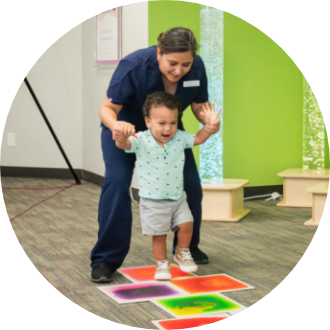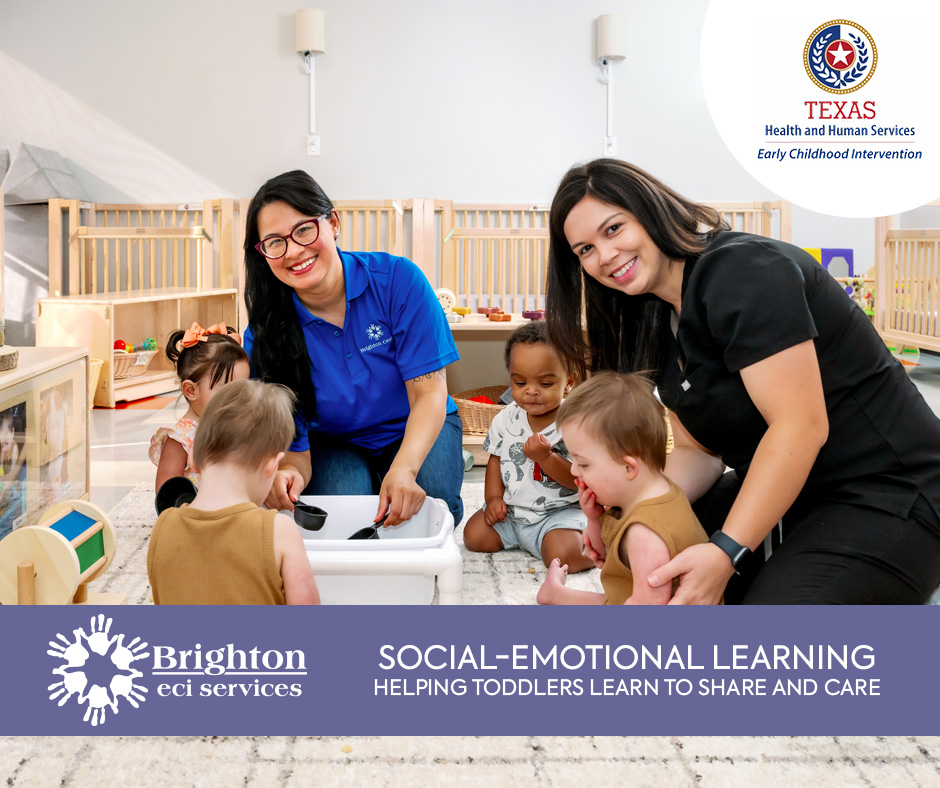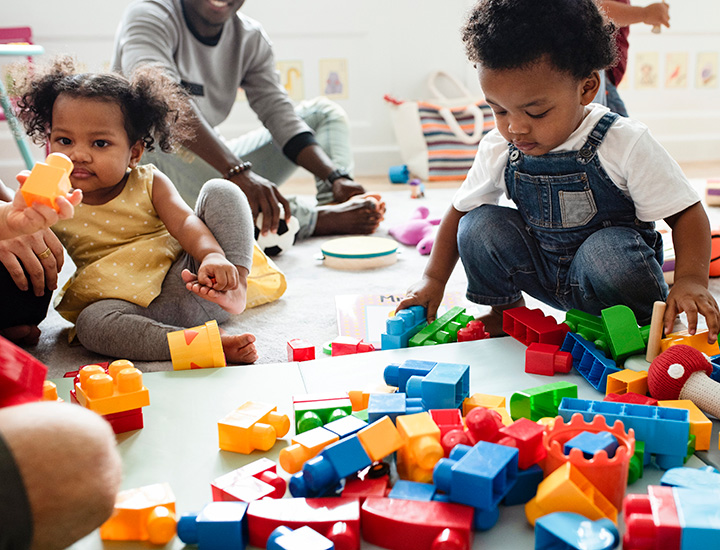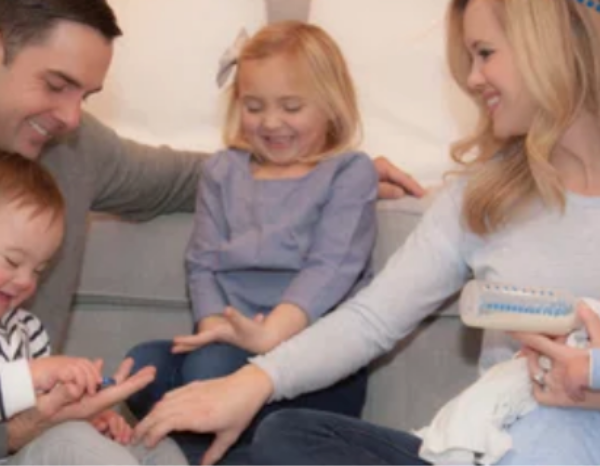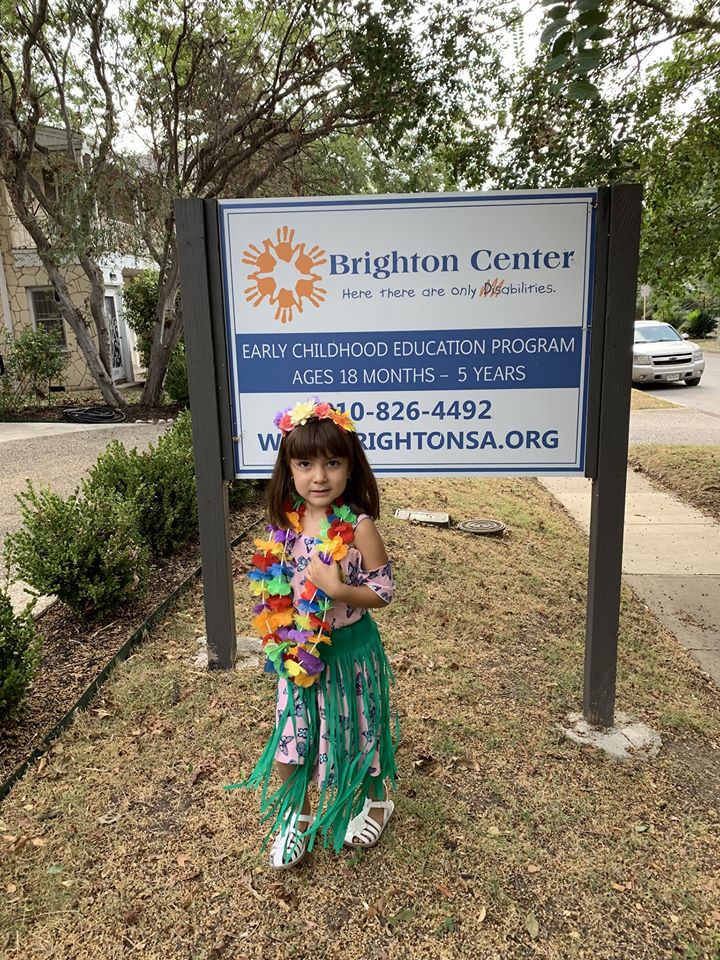Have you ever been so frustrated that you felt like screaming and demanding immediate attention? What kept you from losing your cool? If you said, ‘good manners,’ you’re pretty close. Most likely, it is because you were exposed to proper social-emotional learning (SEL) activities that helped you learn how to control your emotions and respond appropriately in difficult situations.
What is Social-Emotional Learning (SEL)?
Social-emotional learning is the process of developing self-awareness, self-control, and interpersonal skills vital for school, work, and life success. Aristotle said it a different way, “Educating the mind without educating the heart is no education at all.” Social-emotional learning is how children gain the knowledge, skills, and abilities to recognize and manage their emotions, make friends, and handle difficult situations. Social-emotional learning activities in early childhood help set the stage for healthy relationships later in life and help develop:
- Better self-confidence
- Increased empathy
- Strong friendships
- Decreased emotional distress
- Increased resilience
- Better self-regulation
Sharing and Caring – Core Components of SEL
 Two key elements of social-emotional development are self-control and interpersonal skills. We introduce these concepts to toddlers by teaching them how to share and care.
Two key elements of social-emotional development are self-control and interpersonal skills. We introduce these concepts to toddlers by teaching them how to share and care.
Toddlers can be possessive and have difficulty sharing. Their limited language skills mean that temper tantrums and crying are their only ways of expressing themselves. At this age, the part of the brain responsible for emotional control, decision-making, and seeing things from different points of view is still developing.
 The good news is that social-emotional skills can be learned and practiced, like learning to read or ride a bike. Helping toddlers learn how to share and care through social-emotional learning activities is important because it helps prepare them for school and being a part of society. Let’s look at how caregivers can help toddlers develop their social-emotional abilities by learning to share and care.
The good news is that social-emotional skills can be learned and practiced, like learning to read or ride a bike. Helping toddlers learn how to share and care through social-emotional learning activities is important because it helps prepare them for school and being a part of society. Let’s look at how caregivers can help toddlers develop their social-emotional abilities by learning to share and care.
Model Sharing and Caring
There’s a poem called “Little Eyes Upon You.” The first stanza states, “There are little eyes upon you, and they watch night and day. There are little ears that quickly take in every word you say.” The poem ends by reminding adults, “You are setting an example, each day in all you do, for the little child who’s waiting to grow up just like you.”
Parents and caregivers are important in modeling good social-emotional skills. Let your toddlers see you sharing and showing empathy in your daily activities. Even better, explain what you are doing so your toddler can begin to connect the action with the words. For example, “I’m sharing my chips with Daddy because he doesn’t have any on his plate. He smiled because it makes him happy when I share with him.”
How to Plan a Playdate
Playtime during the toddler years is also an important social-emotional learning activity. During playtime, children practice their social skills and learn conflict resolution! Here are some tips for planning a good playdate.
- Keep it Small.
There’s no need to invite the entire neighborhood or preschool class. Instead, start by inviting just one friend and plan on it lasting an hour or two.
- Keep it Familiar.
Young children can be anxious in new environments or around new people. You may consider inviting the friend and their caregiver to come over for a short visit before the playdate.
- Be Close but Not Involved.
Stay nearby to supervise the children during the playdate, but let them play as they’d like. Young children often engage in parallel play instead of together, which is a good first step in learning how to get along.
- Let Them Figure it Out.
There will probably be some arguing. Remember, the goal is to practice sharing and caring. Don’t jump in at the first sign of trouble. Let them try to work it out. If pushing or shoving starts, you’ll need to stop it and let them know that behavior is not allowed. You can reset the playdate by directing them to another activity or offering a snack.
- End on a Strong Note
Give the kids a 10-minute warning when the playdate is ending. Then, get them involved with picking up their toys. Take a few minutes to congratulate the kids on how well they shared and played together. Remind them that it is nice to share with friends, and you’ll plan another playdate for them soon.
Set Up Social-Emotional Learning (SEL) Opportunities
Remember, practice makes perfect (or close to it!). A good way to help toddlers practice social-emotional skills is by letting them play! Invite your toddler’s friends over for playdates to give your toddler chances to practice sharing and caring behaviors. Watch how your toddler interacts with others. Do they have trouble sharing toys? Do they grab items away from others? If so, gently remind them about taking turns and sharing.
You can also support social-emotional learning by doing role-playing scenarios using a favorite stuffed animal at home. For example, “Dinosaur wants to help color this picture. What can we do to share with him?”
Reinforce Progress
We all like to hear that we’ve done a good job. Be sure to provide lots of positive reinforcement when you notice your toddler modeling sharing and caring behaviors. You could say, “I can see your friend is happy you shared your blocks today. Thank you for sharing!”
Remember, Social-Emotional Learning (SEL) is a Process
Celebrate all their sharing and caring successes as your toddler grows their social-emotional skills. Recognizing your toddler’s progress will reinforce their growth, boost their confidence, and motivate them to keep developing these important skills.
Social-emotional learning (SEL) helps children build good relationships, manage emotions, communicate better, and be more aware of others’ feelings. Parenting a toddler isn’t always easy, especially when it comes to helping them learn to share and consider the needs of others. But with patience, creativity, and a focus on the process rather than perfection, you can absolutely nurture these critical life skills.
 Brighton Center provides speech and language therapy for young children. Speech Language Pathologists (SLPs) help children develop language–the ability to give and to get information AND speech–the ability to verbally express language. SLPs evaluate and provide therapy for receptive and expressive language, sound development and clarity of speech as well as oral-motor abilities that contribute to effective sound production and swallowing. Schedule your child’s evaluation today!
Brighton Center provides speech and language therapy for young children. Speech Language Pathologists (SLPs) help children develop language–the ability to give and to get information AND speech–the ability to verbally express language. SLPs evaluate and provide therapy for receptive and expressive language, sound development and clarity of speech as well as oral-motor abilities that contribute to effective sound production and swallowing. Schedule your child’s evaluation today!
